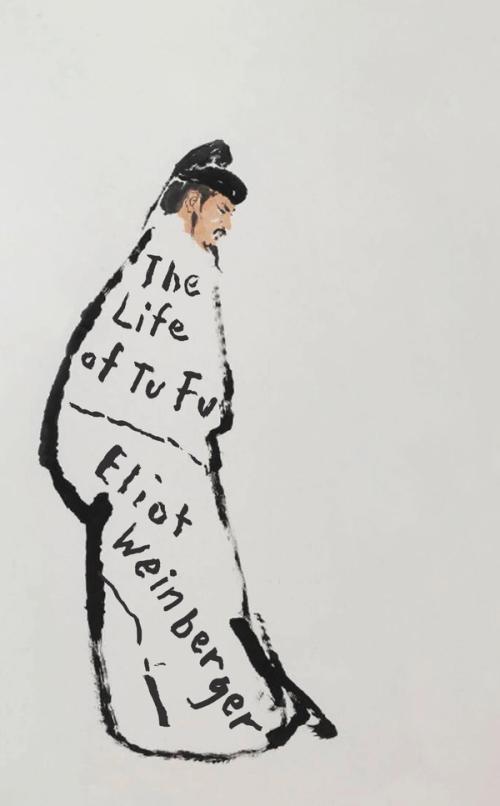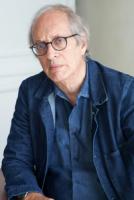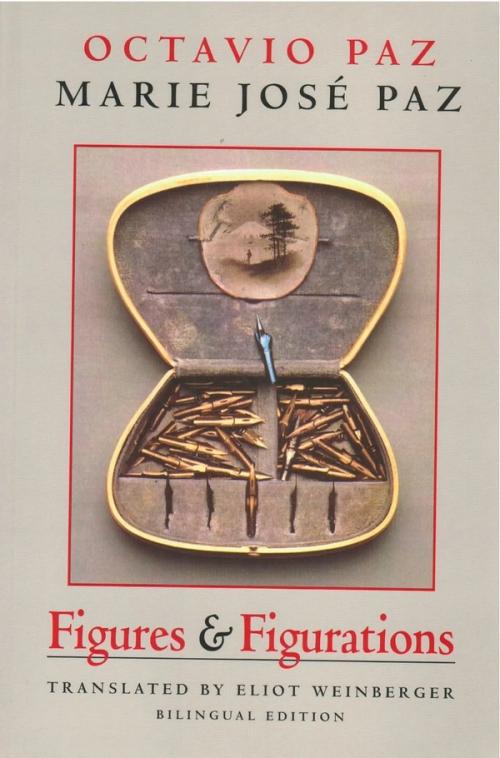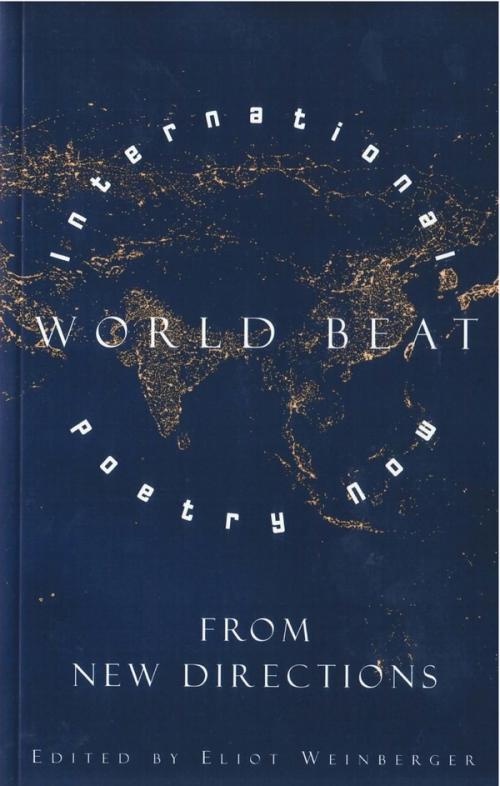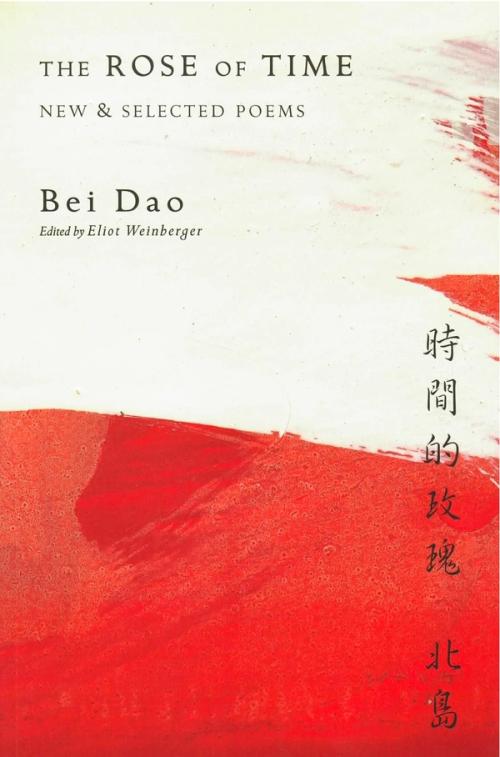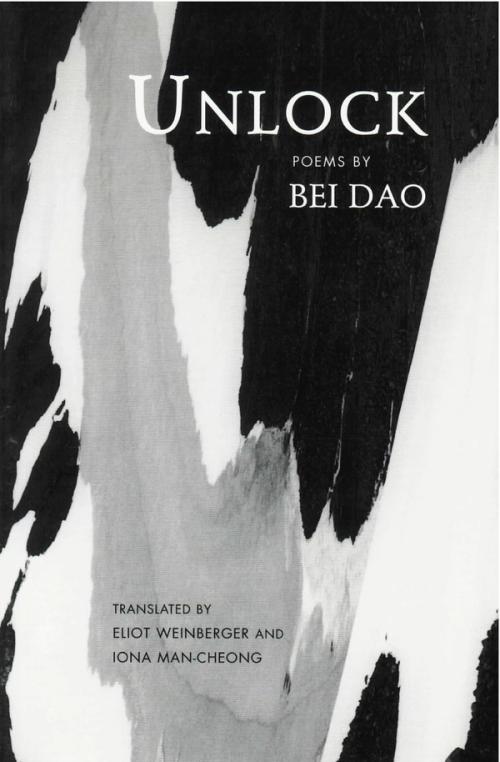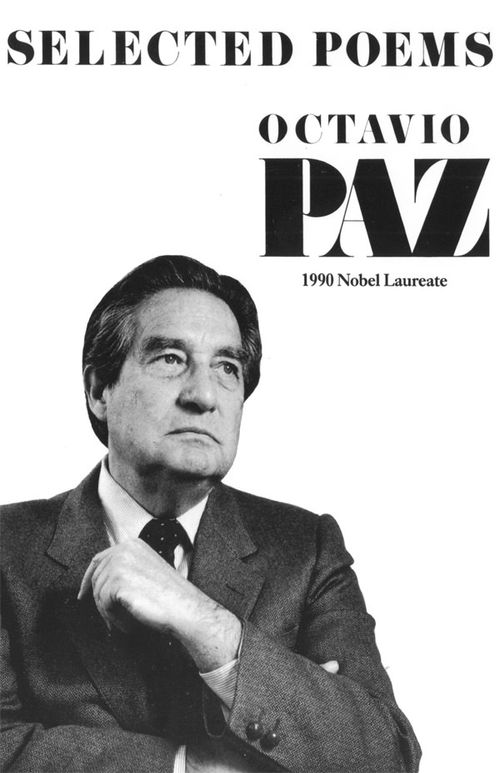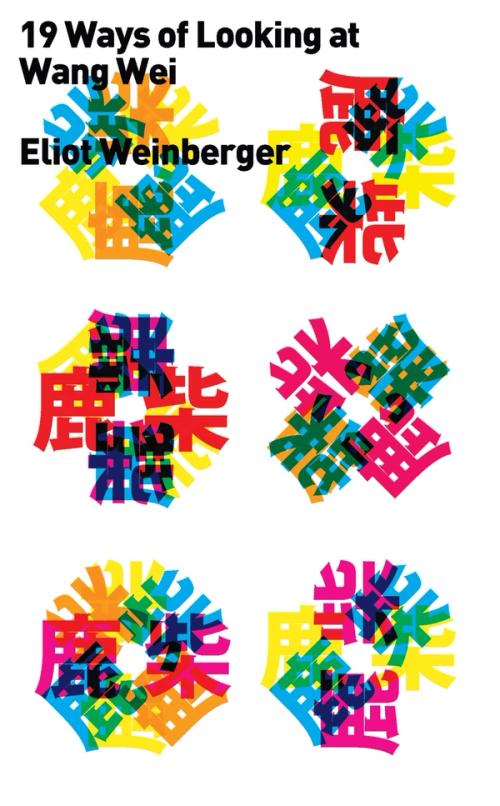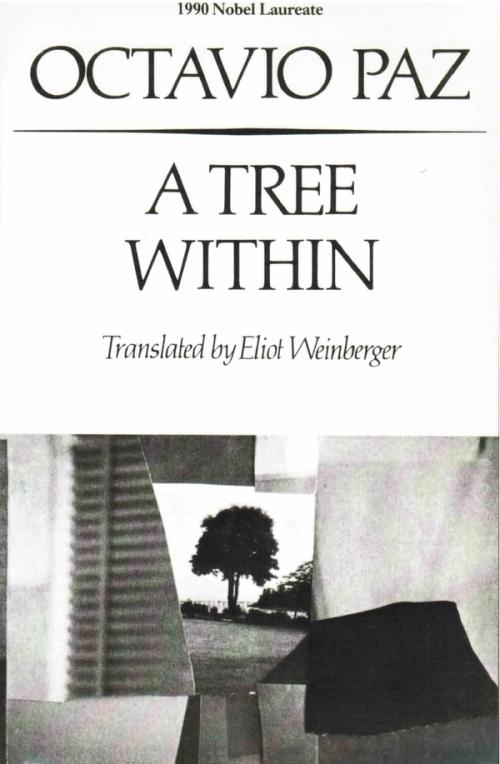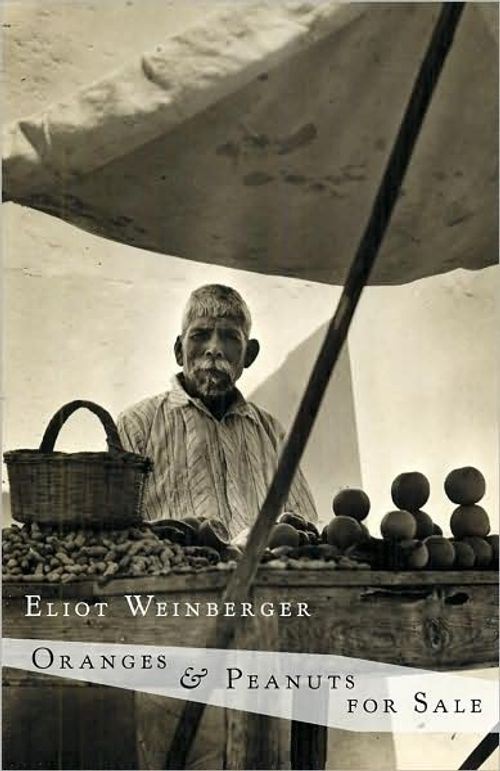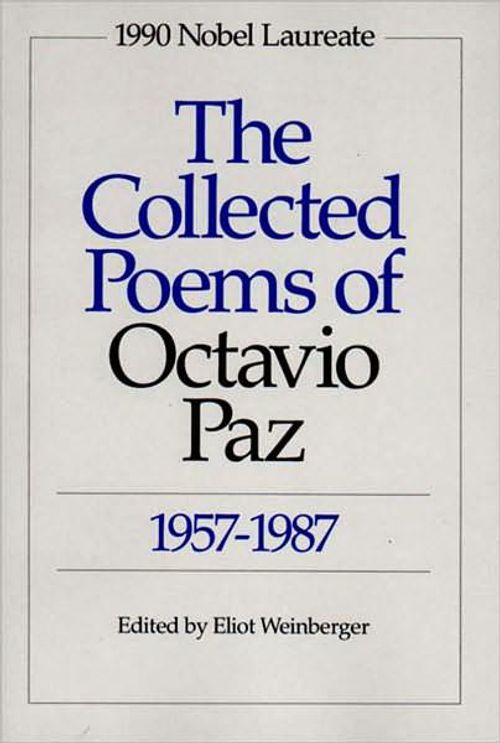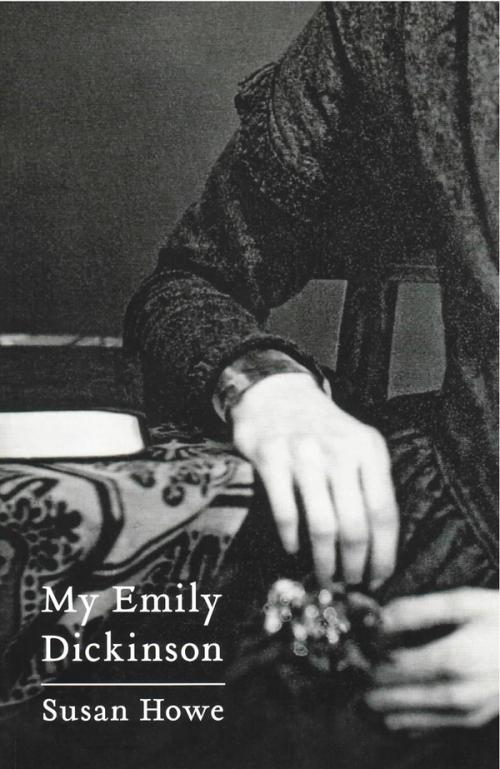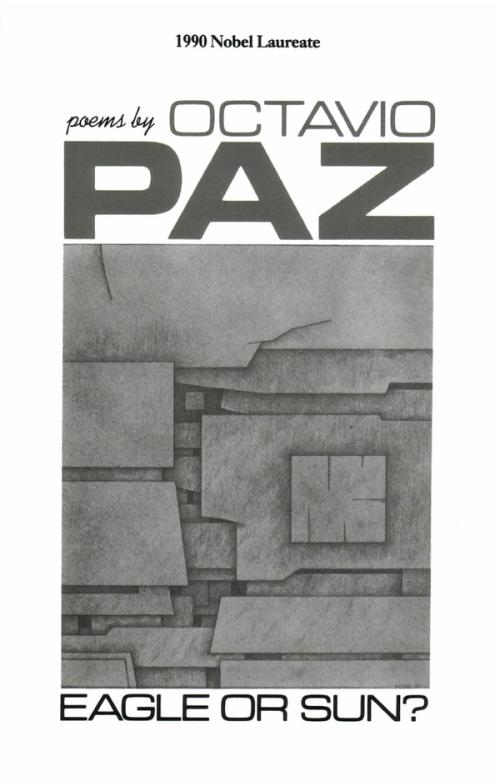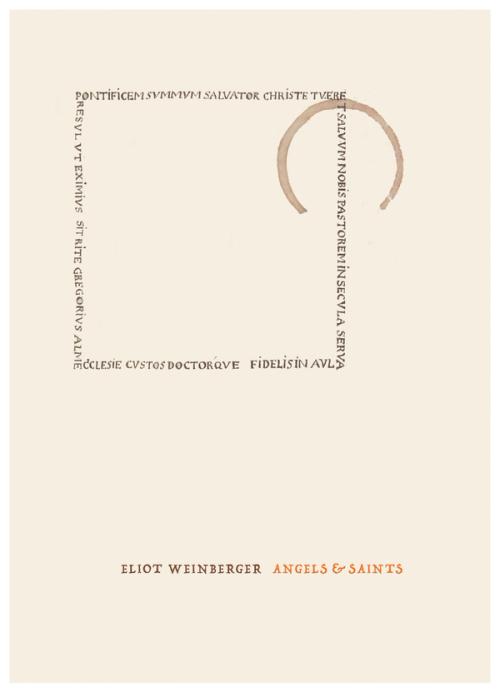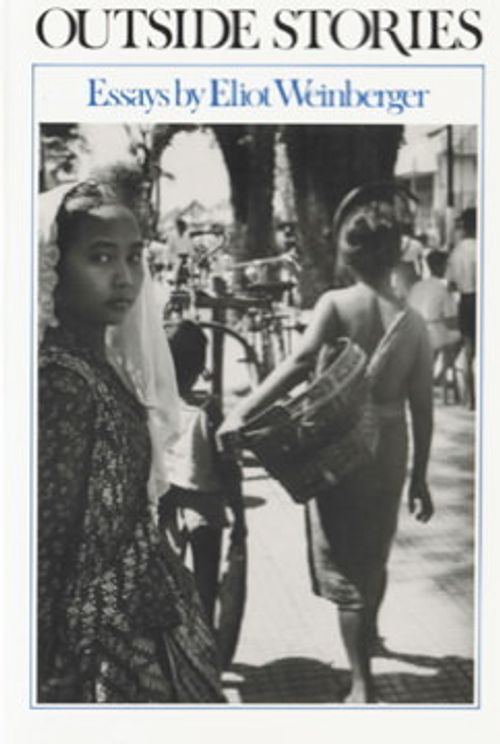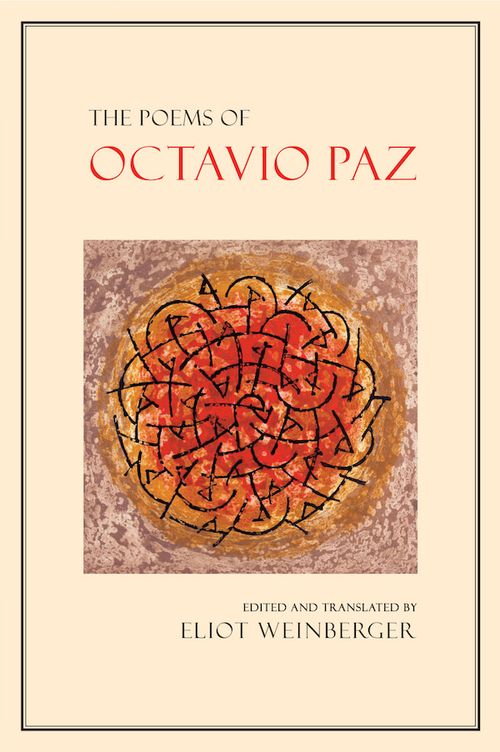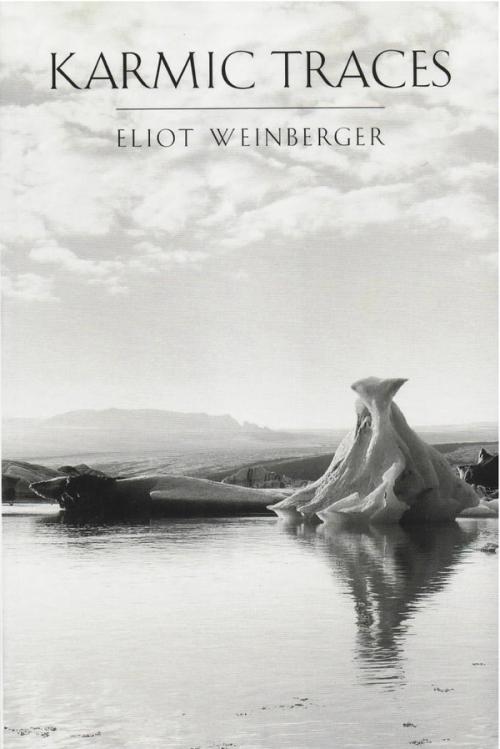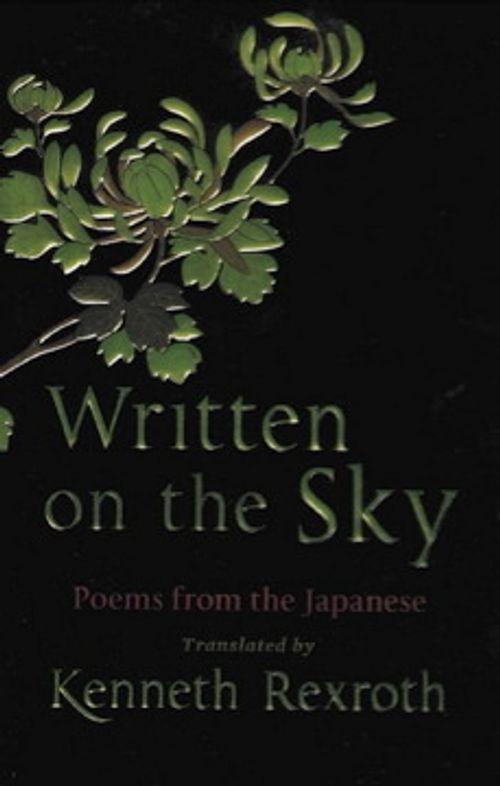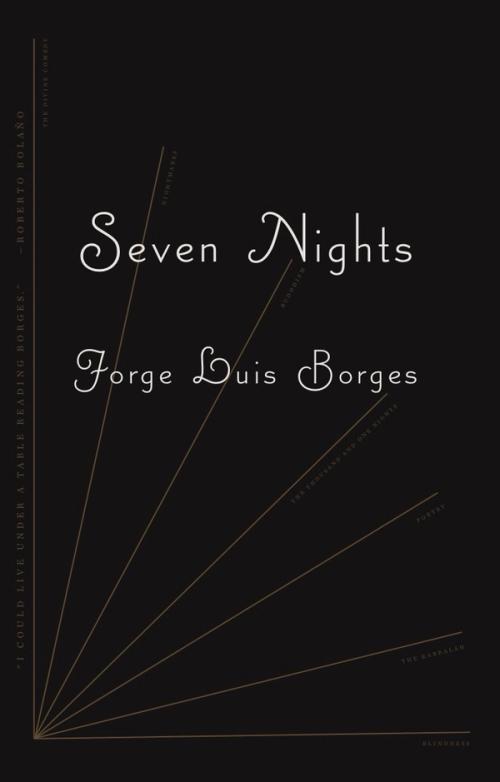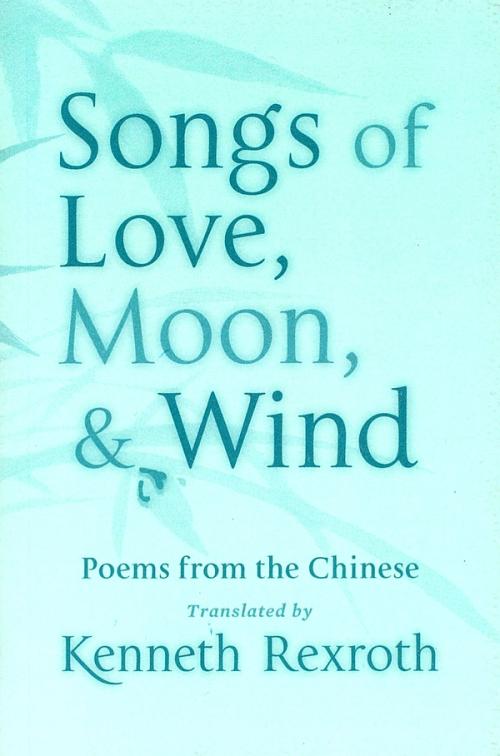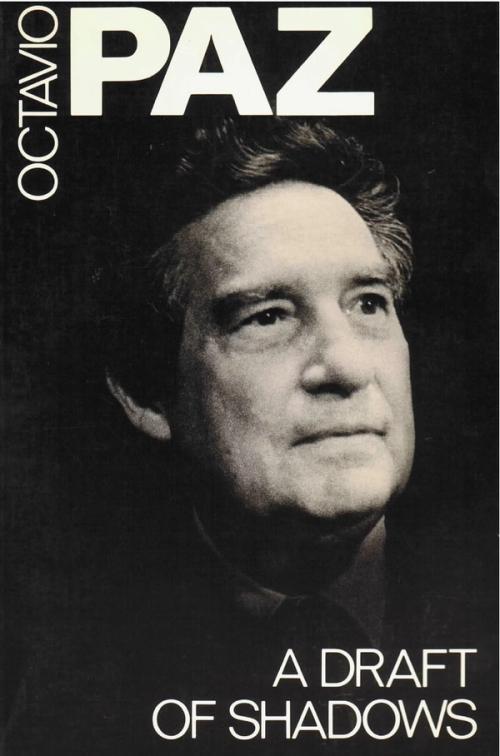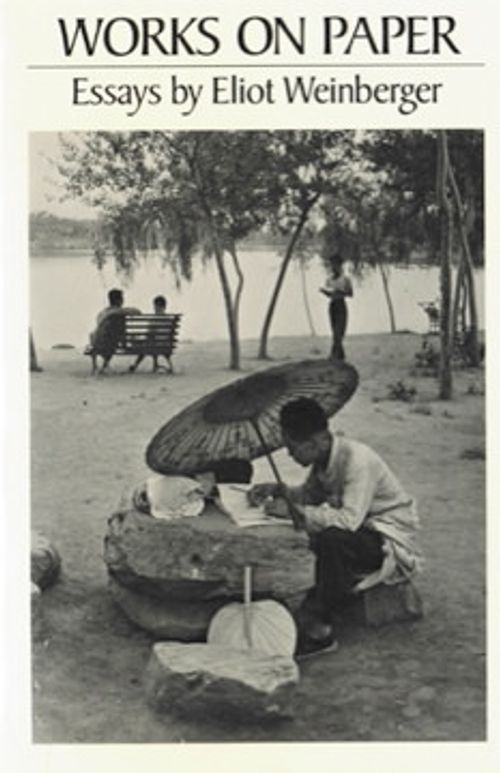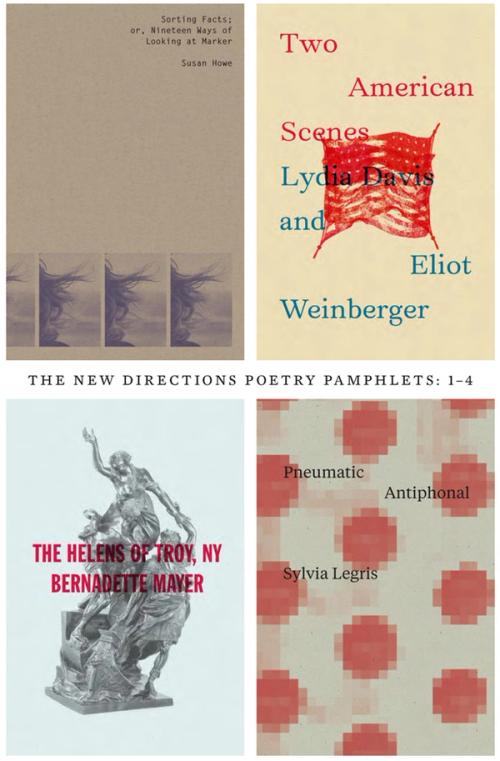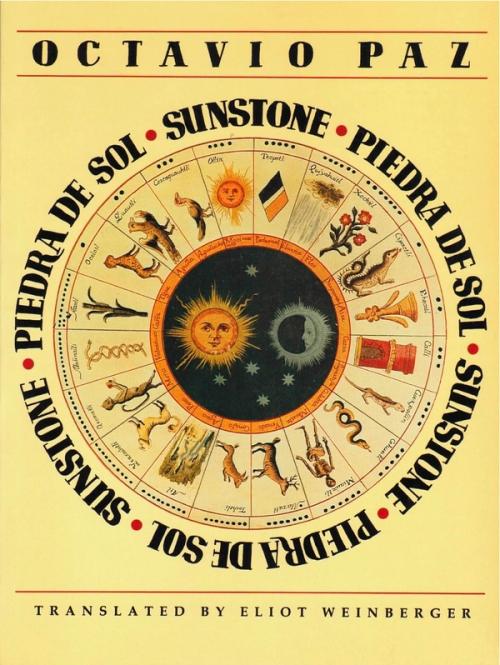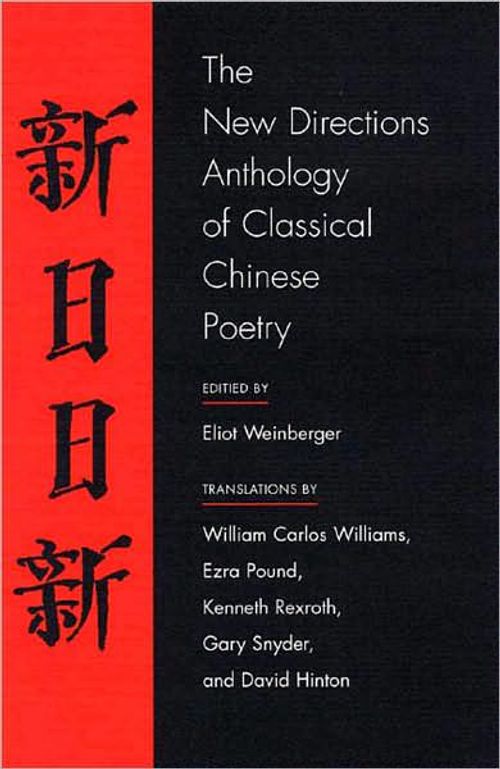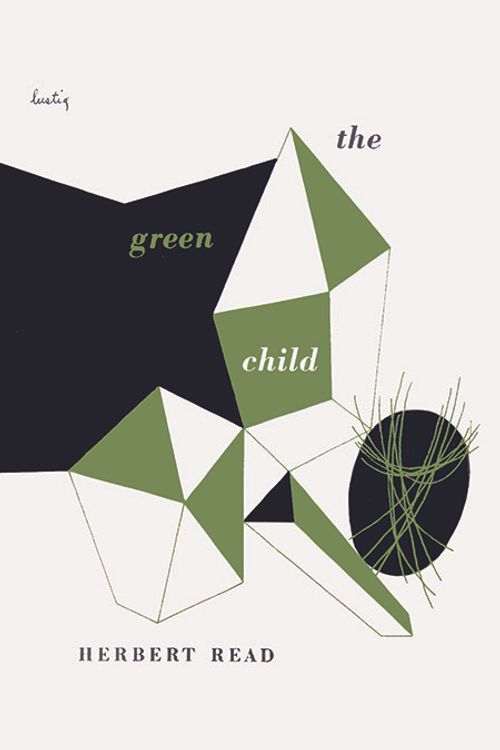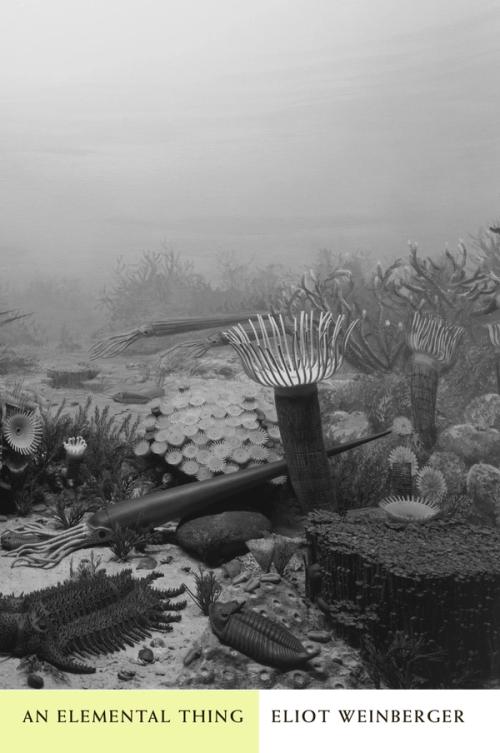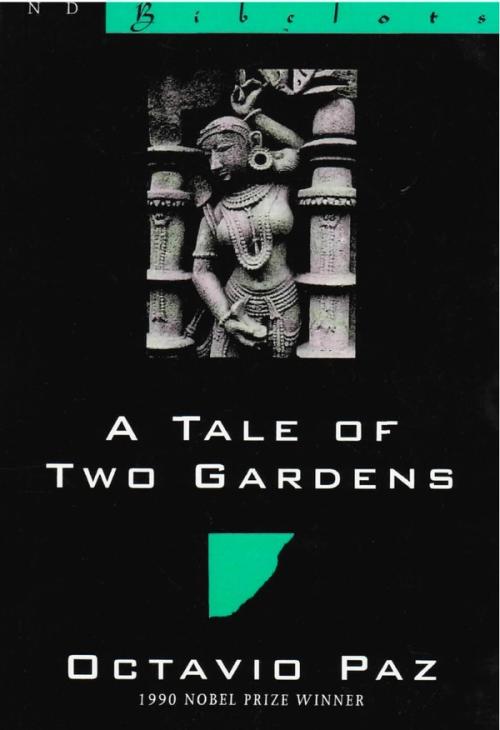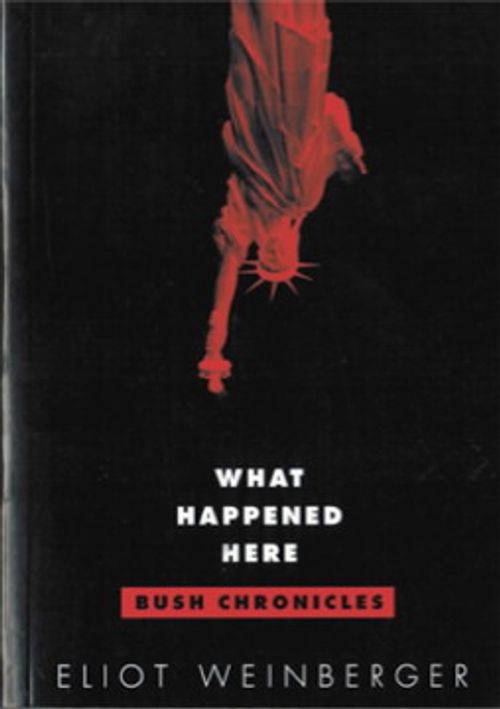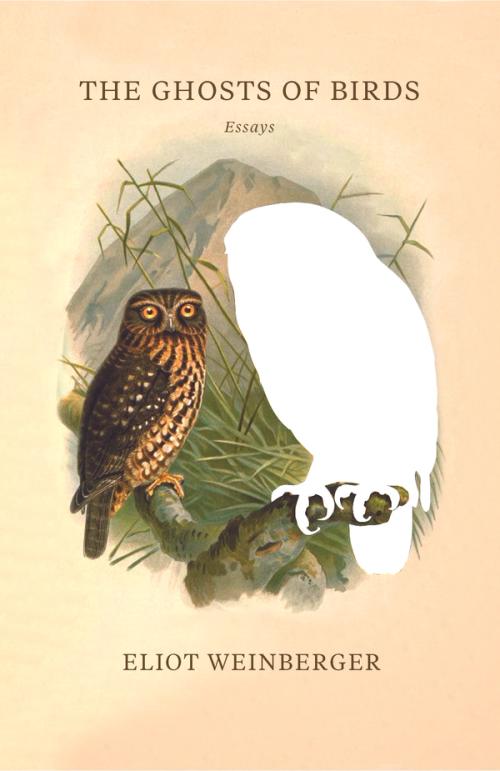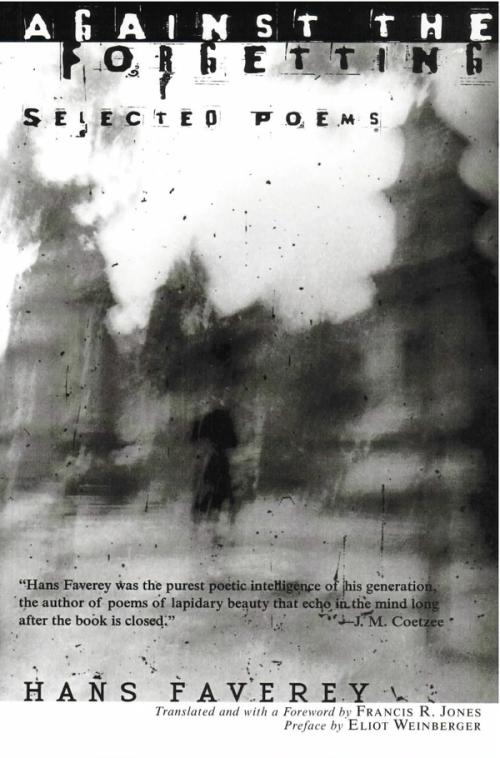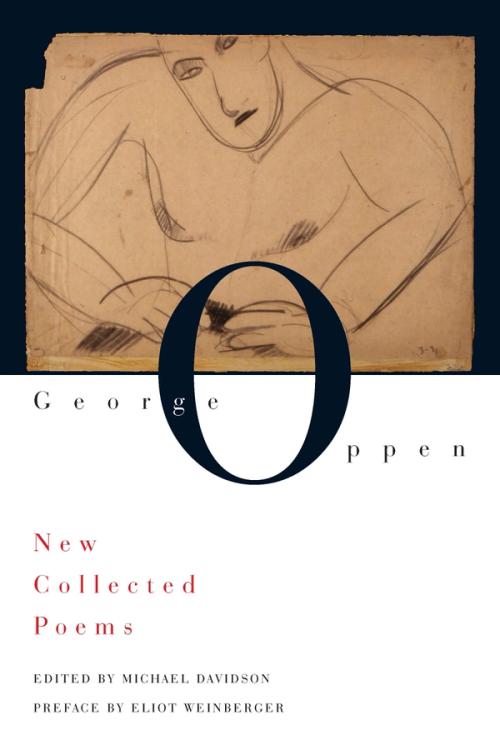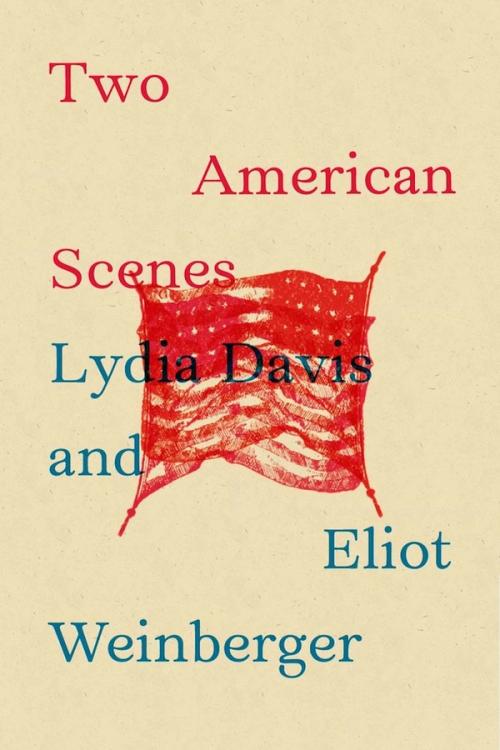The Life of Tu Fu
Nonfiction by Eliot Weinberger
For over fifty years Eliot Weinberger has been celebrated for his innovative literary and political essays—translated into over thirty languages—as well as his trailblazing translations from the Spanish. In his exquisite new book The Life of Tu Fu, Weinberger has composed a montage of fifty-eight poems that capture the life and times of the great Tang Dynasty poet Tu Fu (712–770 AD). As he writes in a note to the edition, “This is not a translation of individual poems, but a fictional autobiography of Tu Fu derived and adapted from the thoughts, images, and allusions in the poetry.” Through lines as penetrating as a classical tanka and as fluid as a mountain stream, themes of endless war and ongoing pandemic surround the wandering life of the ancient Chinese master.
Paperback(published Apr, 02 2024)
- ISBN
- 9780811238052
- Price US
- 13.95
- Trim Size
- 5x8
- Page Count
- 64pp
Ebook
- ISBN
- 9780811238069
